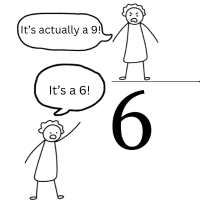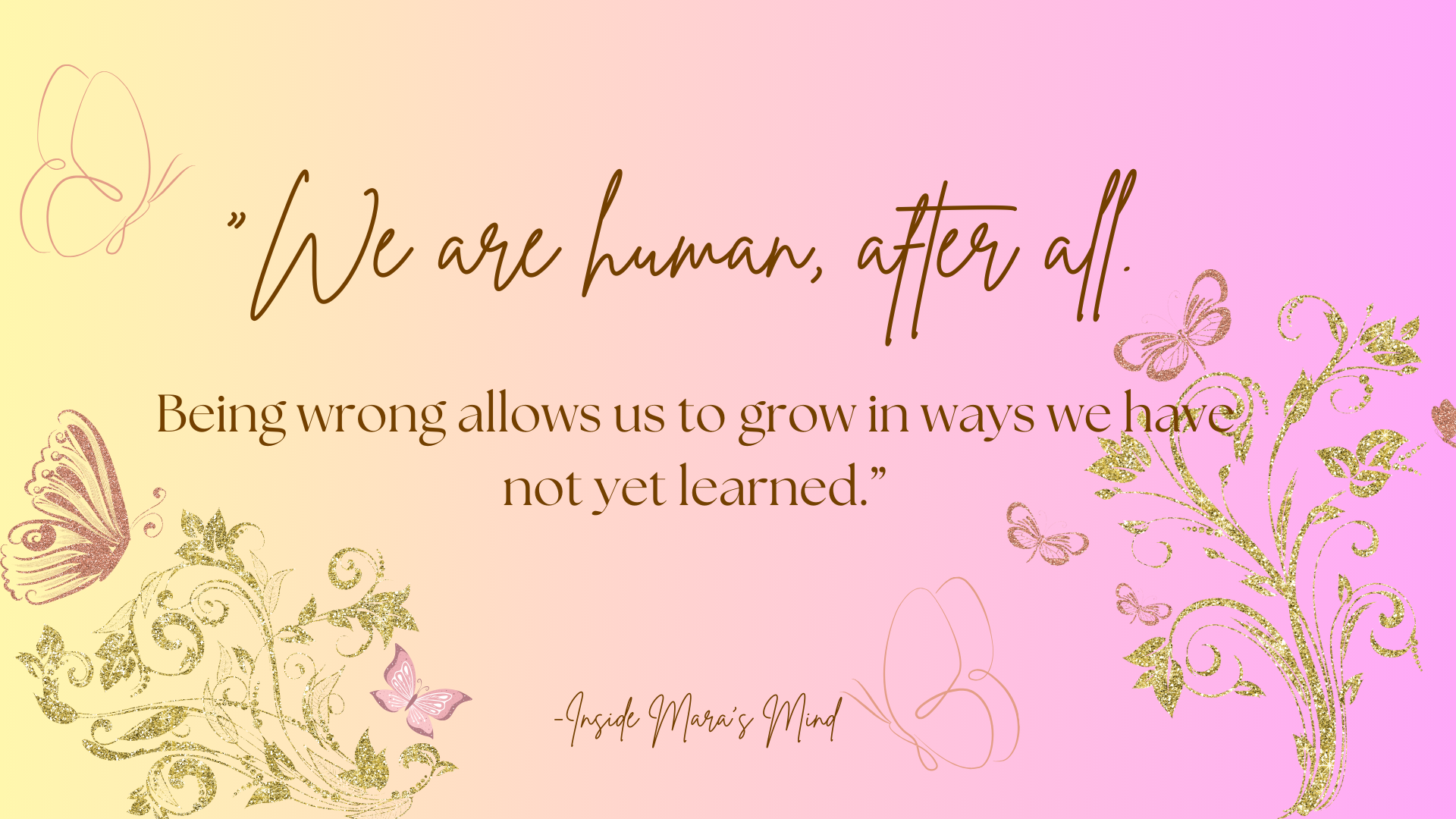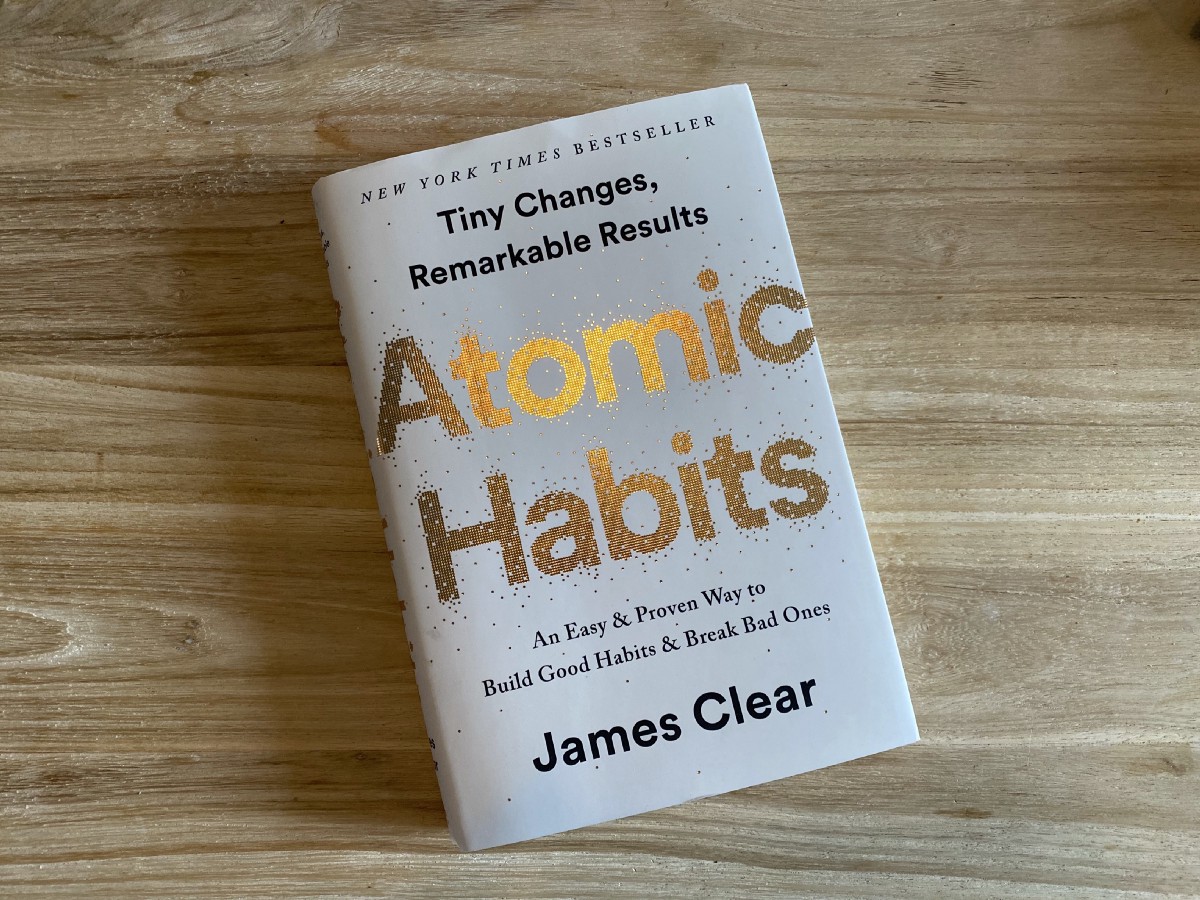
When we think of perspective, it’s easy to talk about. How 6 could be 9 upside down. How one person say’s too hot, while another is saying it’s too cold. It’s easy to talk about perspective… but another thing to implement the idea in an argument. When tensions and emotions run high. When we are desperate to be heard and understood, convinced that we are right and the other person is wrong.
We are not perfect. We make mistakes, we make assumptions, we cast judgement without fully knowing the other person. We all do it. Nobody is exempt from making these mistakes. How can we ever truly come to a peaceful agreement about anything when we have already decided what ought to be without looking at every detail? Can we look at every detail? When most details go unnoticed, buried behind emotions or trauma. Most of which can be hidden even from ourselves in our subconscious as survival mechanisms. It’s a complicated subject. Ask anyone, and everyone will have a different answer. Who is truly right? Is everyone wrong? These questions can be applied to any scenario we come across. The one thing that can alter the direction of an argument, is taking a deep breath, or multiple breaths, then taking a moment to listen, think and analyze the situation before continuing.
Facing Different Types Of Confrontation
No one person has all the answers. Many pretend they do. Lots put on a big show that they have unlocked the secrets to life, only to experience a new set of difficulties. When do we agree to disagree? What if we are wrong? If we are, is that really something to be ashamed about? We are human after all. Being wrong allows us to grow in ways we have not yet learned. It is humbling to be wrong, when we have been arrogant. It is centering, when we might have lost our way. It keeps us honest. Please keep in mind each one of these topics can be more complicated of course, however for the sake of the length of this article I will do my best to keep it simple. I will write about each one in more detail over time, so keep an eye out on my blog for future posts!
Pride over Sense
Some people will fight tooth and nail even after they have learned that they were wrong. They will keep going out of the sake of pride, or perhaps even completely believe their own fallacy despite evidence to support the contrary. When we face folks like that, we must remember that continuing at that point is usually futile and may just cause more of a headache than is worth. Discretion is the better part of valor in that instance.

The Narcissist
Another type of person is one who is always right, no matter what. They may even change their perspective half way through without you even realizing just so they can win the argument. It usually takes a lot of focus to keep those ones on track. They tend to be the narcissists that can rather skillfully turn everything back on you and before you know it, you’re the one apologizing and have forgotten all about why you were arguing in the first place. Then you really can’t tell which way is up.
Try your best to stay on topic in these instances. Every time they bring up something else simply state “I don’t mind discussing that topic at a later date, however I would like to stay on this point and get through one thing at a time first…” This topic deserves an entire article on it’s own, but for now we will keep it simple.
“I need a minute…”
Then there’s those who have realized they were wrong, but need time for the emotions and anger to simmer down to accept it fully. After all, when we have a body full of adrenaline and anger, one cannot just switch off those emotions and hormones to admit they were wrong. It takes a special kind of strength to be able to do that. When that happens, allow that person the appropriate time to cool down, they will return when ready. Hopefully. Even then though, some people won’t ever admit to being wrong.
Keep in mind some people are incapable of admitting it out loud, so would usually prefer not to look at it. When this happens you have two choices: VERY calmly (and I mean really calmly! No sarcasm or arrogance!) explain the situation very clearly, and how they were wrong and how it is okay to be wrong, there’s nothing wrong with it so long as they can own it. Or you could choose to let it go, knowing that everyone already knows you were right anyway. Sometimes, peace is more important than getting to hear you were right.
For the sake of chaos!
The worst one to face is what I like to call “chaotics” those are the ones that purposely look for confrontation to inflict pain. Typically out of pent up resentment or anger within their own personal lives due to extreme loss, pain or even physical abuse they themselves have experienced so they feel the need to inflict pain on others. That way they can feel some sort of power or control within their own lives.
These ones are best avoided if possible. If not possible, then usually asking them directly what the real problem is and showing them kindness tends to work, though it can take time. You may experience some negative reaction but the feeling you give them of trying to reach out to them will remain well afterwards and they usually pretend to be bored of you to save face. These ones sometimes tend to lean towards the violent side however, and extreme caution must always be exercised when dealing with them if you cannot altogether avoid them.
The hardest to face…
The hardest one of all to face, is when those people above, are actually us. We all have the capability to be right. As well as wrong. Learning to find a balance between standing up for what we believe to be right, and then having the humility to accept when we were not right is a life lesson many don’t learn until their death beds. However it is a lesson that is never too late to learn. For our own sakes, and for those around us.
Resisting Bait!
Some folks use bait as their primary weapons during an argument. They may say something that they know will hurt you just because if you yell, get angry or emotional, then they feel they have won because you are no longer talking about the main point, you now look crazy and your argument becomes invalid. Narcissists are typically very good at this tactic.

Sometimes, it is less about the topic, and more about the result of the argument itself.
This tends to happen in work environments the most, but can happen in sibling rivalries as well. Somebody purposely does something in invoke a reaction from you, solely to make you look crazy to other people, affecting relationships you may have, or a promotion that is coming up. Usually, leading up to it they will test out different things, or say different things to figure out what gets under your skin.
When you confront them about it, with no proof, they can just make you look like you have falsely accused an innocent person, and you once again look like the crazy one. This unfortunately can continue even when you show no signs of it bothering you, because after all, when fishing with bait, you simply have to find the right bait, and then continue setting the bait until something bites. These people are typically patient, and happy to play the long game. When this happens, they are usually wanting a more public reaction, with a specific audience.
Patience is a virtue
So how do you deal with someone like this? Well, you would have to first keep an eye on them and be patient yourself. Try to take note of the exact day, time and gather evidence to support your case (sometimes a recording if it is serious). Once you have evidence you could then try to approach them quietly when nobody else is around, very calmly state you do not have to stand for mistreatment of any kind and you would appreciate it if they respected your boundaries. If they deny it then use your evidence card. Their reaction should tell you everything you need to know. They may just stop doing it now you have set a clear boundary that you are not one to be messed with since you were calm and collected evidence. In any situation like this, when someone is baiting you, it is a patience game they are playing and you have to outsmart them because direct confrontation is usually just what they want.
Forgive, Don’t Always Forget…
The thing is, all of these points, valid as they may be, are still only looking at the different people from one perspective, and typically with the idea that we have been wronged and deserve justice in the form of recognition. Some situations are more complicated than that, and we may never get the closure we seek.
Sometimes, we must even learn to forgive without an apology or recognition of having been hurt. It is possible to forgive someone without excusing any pain or trouble caused.
However difficult, or impossible that statement may seem. Because a lesson can always be learned. If someone spoke ill of you to someone else, then you now know that they may not be as good a friend as you thought and that is a reflection of them more than of you.
Forgiving them, even just to yourself, means that you allow your mind and heart to let go of the pain they caused. Not forgetting that they hurt you, but that you no longer allow it to continue hurting you. That you acknowledge that it did happen and you have learned in order for it to not happen again. An acknowledgement within your being that it will not happen again. Check out my article Forgiveness Without Apology for more helpful information on this topic.
Quality Over Quantity
In a world where being popular seems to be the only thing that matters to many, being picky of those we have around us can be better for us in the long run. It may leave us with less friends, but at the end of the day it is better to higher quality friends than ones that may only hurt you repeatedly in the long run. People do make mistakes. However if someone hurts you and does not want to admit it, chances are they will likely do it again. Or if they have apologized but keep doing it anyway, how much is their apology worth? The more times they apologize for doing the same thing over and over, it devalues the apology every time until it becomes worthless.
When these things happen, we must ask ourselves, is their presence in our lives really worth the risk of being hurt again?

Choosing Communication
Sometimes there may be deeper problems than we first realize. Folks may be dealing with something related to trauma, a coping mechanism or even in more severe cases a psychological problem that requires a more delicate professional touch. Trying to see the people we deal with, and really see them, can help us make wiser decisions in how we respond. Rather than just getting angry at them and yelling at them, or allowing their nonchalant reactions to hurt us even further, it can sometimes help to take a step back and really look at the situation without preconceived bias or judgment. Always try to have an open mind for clear communication of what it is you are wanting to achieve and a willingness to work things out with the other person. We don’t always know what someone is going through, so it is always wiser to handle each situation with humility and care.
Look at yourself, and the person you are dealing with. How probable is it really that you will come to a peaceful resolution? Is the problem actually small enough that you both can just walk away and come back to laugh about it later? Or is it deeper than that? Every situation is unique, however one thing to always remember is whatever they are dealing with, their actions and their choices are still their responsibility and should not be used as an excuse for continual poor behavior or treatment towards others save for those with extreme conditions.
Understandably, certain challenges do make it more difficult. In that situation lots of healthy open communication about how to avoid triggers or discussions on what to do when they become that way are very important. It gives both people the proper tools and deep understanding required to work together to make those challenges a little more bearable for each other to hopefully develop a more respectful and healthy environment. Seeking aid from a professional
on how to develop healthy communication tools could be beneficial as well.
The Hard Final Truth…
As much as we never want to hear this, here it is: No matter what happens or who harms us in our lives, we actually have absolutely no control over those situations. We cannot control everything. We cannot control anyone. As the age old broken record of a saying goes, “shit happens.” If someone decides to rob our house while we are at work, we cannot control that. Yes we can always learn to take steps to deter thieves, such as security systems and cameras or a dog, but we cannot stop every thief in the world. Or if someone spits on you, or makes a snarky comment when you walk past expecting a reaction from you, then you cannot control that either.

At the end of the day, the only control we truly have is of our own minds and how we react to various situations, and for many, even that seems impossible. However, we tend to underestimate the strength of the human spirit, our ability to learn and the way our mind works on a chemical level and how the two of those co-relate to one another.
Through sheer tenacity and determination, we can overcome so many things we previously thought impossible. If we cannot control life, we might as well learn from it. Grow from it. Ensure that it never happens again, or if it does, that we are better prepared next time. Even if it means removing certain people from your life altogether. If facing the problem only creates more problems, and staying still is messing with your very soul, then leaving is always more possible than we may think at first glance. Even just planning and preparing to leave in the future could help give strength needed in the meantime.
Life is full of difficult choices. Each individual facing their own, so there is no “one size fits all” when it comes to conflict resolution, however with an open mind, and a centered heart, we may be able to analyze the situation and truly look at the other person. Look at their struggles, what they are facing, yet still have the wisdom to know when that is their own, and not always your responsibility to accept.
Exceptions are always abundant with everything. In which case, one must take as much time as needed to figure out a way to develop healthy communication, boundaries and the strength to reinforce them when necessary in order to co-exist as peacefully as possible. Learning when to let things go, and when to stand your ground. It’s not easy, and it can take a long time. However, peace is always worth the effort. Even if that peace can only be obtained within yourself. Developing strength, confidence, humility and wisdom within yourself are but a few attributes that can eventually become powerful tools to help. Having the confidence to back yourself, and the strength to stick to your guns. The humility to admit when you’re wrong and the wisdom to know when to stand, accept, or walk away. I sincerely hope you found this article helpful Dear Reader. Until next time,





